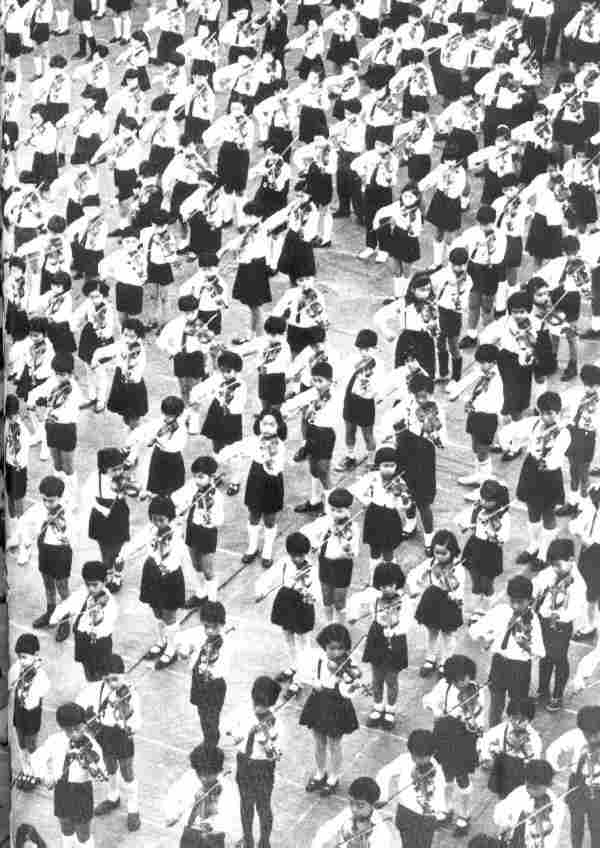
Figure 1.--These Japanese children were participating in a 1971 Suzuki recital.


Figure 1.--These Japanese children were participating in a 1971 Suzuki recital. |
Boys have taken clases to learn to play musical instruments from time
immemorial. European families in the 19th Century were very private.
Boys taking music lessons were lees likely to pefrorm in public.
Toward the end of the Century the institution of the recital for music
students became increasingly accepted. One begins to read about music
recitals in Europe and America during the 1870s and 1880s.
There was no costume of course for boys learning musical instruments.
Mothers insisted, however, that there sons put on their best suits for
any recitals or performances. Dress standards in recent years have
become more casual, but mothers usually insist on something beyond
"t" shorts and jeans. The styles of clothes have varied somewhat between
different countries and are thus a good reflection of dressy boys'
clothing in the various countries.
I believe the music recital was largely a European institution
introduced after World War I and the American occupation. The recital
became accepted in Japanese life during the eary 1950s, the same time
that the fashion of short short pants became accepted as proper dress
wear for boys. Boys often performed in white shirts, ties, short pants, and kneesocks--often white kneesocks. Boys did not commonly wear suits. Some recital were small group affairs and there were also huge auditoriu-size Suzuki recitals.
Navigate the Historic Boys' Clothing Web Site:
[Return to the Main music instrumental page]
[Introduction]
[Chronology]
[Clothing styles]
[Biographies]
[Bibliographies]
[Activities]
[Contributions]
[Boys' Clothing Home]
Related Chronolgy Pages in the Boys' Historical Web Site
[Main Chronology Page]
[The 1880s]
[The 1930s]
[The 1940s]
[The 1950s]
[The 1960s]
[The 1970s]
[The 1980s]
Navigate the Historic Boys' Clothing Web style pages:
[Kilts]
[Caps]
[Sailor suits]
[Sailor hats]
[School uniform
[Scout
